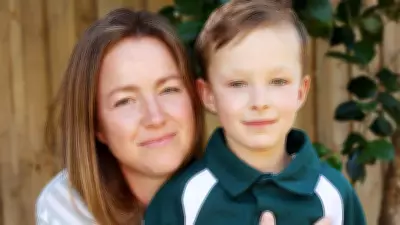
A Newcastle court has sentenced a university student to prison for secretly filming women in campus toilets and creating artificial intelligence-generated child abuse material.
Violation of privacy and trust
Six women have described the profound psychological impact after discovering they were secretly recorded while using female toilets at the University of Newcastle's city campus. The victims delivered emotional statements during a sentence hearing for 24-year-old Ryan Yates at Newcastle District Court.
One victim articulated the deep distress caused by the invasion, stating: "To have this space violated by someone choosing to violate my privacy and my body has been deeply distressing." She explained the terror of losing control over what happens to one's body and having dignity stripped away by another person's actions.
Another woman revealed she now experiences anxiety and hypervigilance when using public bathrooms, with the violation affecting her academic studies. "Experiencing a violation of my consent and bodily autonomy... should have never happened," she told the court.
Pattern of disturbing behaviour
The court heard that on April 29, 2024, Yates entered the female toilets at the university's city campus around 2:11 pm. Over the following 13 minutes, he recorded six women while they used toilet cubicles and attempted to film a seventh. Police later discovered images on his phone showing the women in hunched-over positions while sitting on the toilet.
Further investigation revealed Yates was simultaneously engaged in other serious offences. He was using AI technology to generate approximately 60 images of young girls in various states of undress and using messaging applications to solicit child abuse material.
On May 6 last year, Yates began communicating with someone he believed was a 14-year-old girl, attempting to convince her to send pictures of herself. When she sent an image, Yates responded with a completely naked picture of himself.
Sentencing and community protection
Forensic psychologists assessed Yates as posing a "high risk of committing a further sexual crime" despite his claims of feeling "ashamed, embarrassed and humiliated" and denying any sexual interest in children. The court heard he had mental health issues and began drinking heavily following a relationship breakdown around the time of the offences.
Judge Helen Wilson acknowledged Yates's mental health challenges but emphasized the seriousness of his crimes and the need to consider community safety. "How many women have to be exposed to this kind of conduct? How many other children have to be approached online?" Judge Wilson questioned during sentencing.
She stated that while rehabilitation was important, it couldn't eliminate the requirement for a sentence that deters others and satisfies the community's expectation of justice for child sex offenders.
Yates received a maximum sentence of two years imprisonment but will be released in July next year after serving eight months. He was also placed on the child protection register for eight years following his arrest on May 9, 2024.





